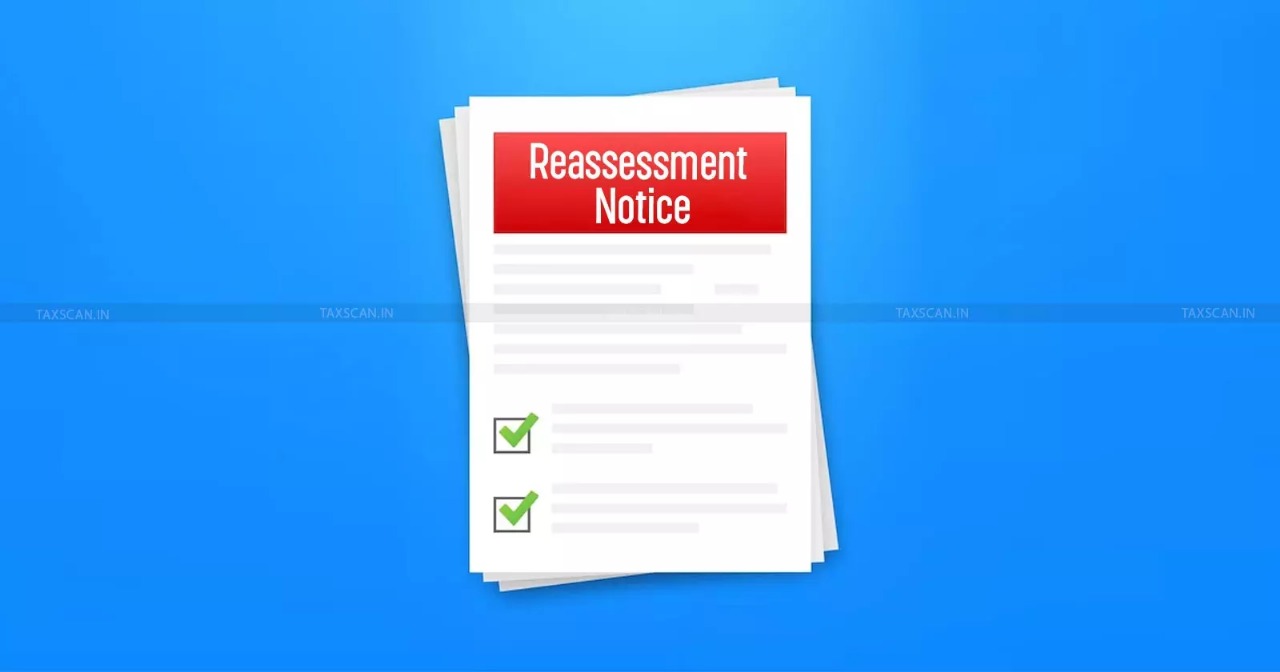Disallowance u/s 14A Inapplicable due to Absence of Exempt Income: ITAT [Read Order]
The bench held that the appellant had not earned any exempt income on its investments in the current year and thus disallowance u/s 14A was not sustainable.
![Disallowance u/s 14A Inapplicable due to Absence of Exempt Income: ITAT [Read Order] Disallowance u/s 14A Inapplicable due to Absence of Exempt Income: ITAT [Read Order]](https://images.taxscan.in/h-upload/2025/07/07/2060606-itat-ruling-income-tax-tribunal-tax-disallowance-taxscan.webp)
The Kolkata bench of the Income Tax Appellate Tribunal (ITAT) held that the disallowance under Section 14A of the Income Tax Act, 1961 was inapplicable due to the absence of exempt income and dismissed the appeal filed by the Revenue.
In this case, the revenue had appealed against the order passed by Commissioner of Income-tax (Appeals) [CIT(A)] for the assessment year (AY) 2012-13.
Coming to the facts of the case, the assessee filed its return on 29.09.2012, declaring NIL income and reporting a carried-forward loss of Rs. 1.56 crore. The assessee’s case was selected for scrutiny under CASS. The assessee, engaged in real estate and jute products, had sold land and buildings during the year and claimed a deduction from the block of assets without paying capital gains tax.
Want a deeper insight into the Income Tax Bill, 2025? Click here
 Also Read:ITAT Sets Aside Reassessment Notices Issued u/s 148 for Lack of Proper Sanction Post Finance Act, 2021 [Read Order]
Also Read:ITAT Sets Aside Reassessment Notices Issued u/s 148 for Lack of Proper Sanction Post Finance Act, 2021 [Read Order]
The AO treated the building as a capital asset and held that long-term capital gains applied, noting the assessee’s 1/4th share in the property. Based on stamp duty valuation and indexed cost, the AO computed LTCG of Rs. 1.91 crore and added it to the income.
The assessee appealed before the CIT(A) against the order passed by the AO, and the appeal was allowed.
The department’s counsel contended that wrongly held the disallowance under Section 14A isn't applicable since no exempt income was earned during the year and that, as per the Explanation to Section 14A, the provision applies even if no exempt income arises, as long as expenses are incurred in relation to such income.
The assessee’s counsel supported the impugned order and contended that no disallowance under Section 14A of the Income Tax Act should be made as the assessee has not earned any exempt income on its investment in the current year.
Practical Case Studies in Forensic Accounting & Corporate Fraud Investigation, Click Here
The tribunal heard both sides and reviewed the CIT(A)'s order. The bench, by relying on the CIT)A)’s findings concluded that as the assessee had not earned any exempt income on its investments in the current year and thus no disallowance under Section 14A should be made.
The tribunal comprising Rakesh Mishra (Accountant Member) and Pradip Kumar Choubey (Judicial Member) upheld the CIT(A)’s order and dismissed the revenue’s appeal.
Support our journalism by subscribing to Taxscan premium. Follow us on Telegram for quick updates


